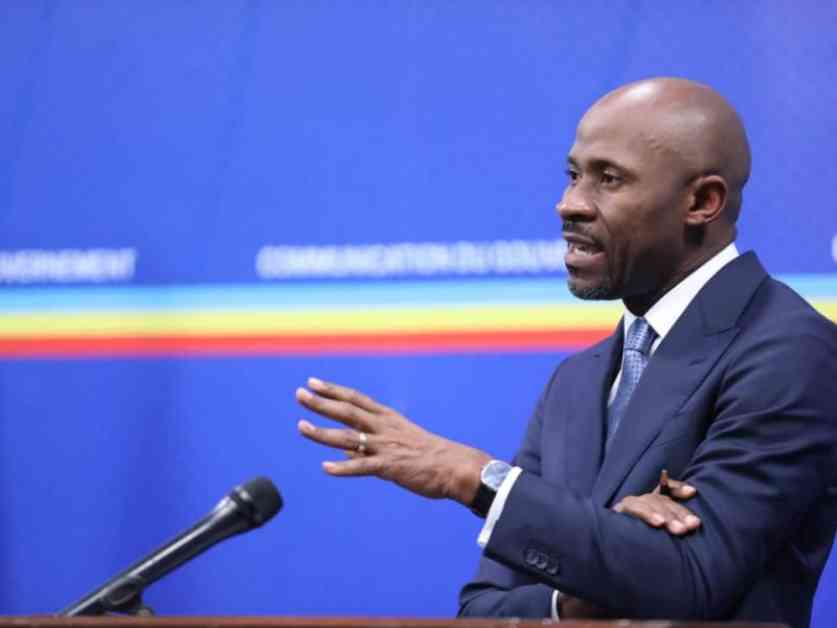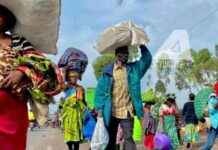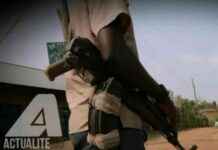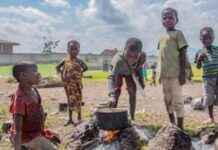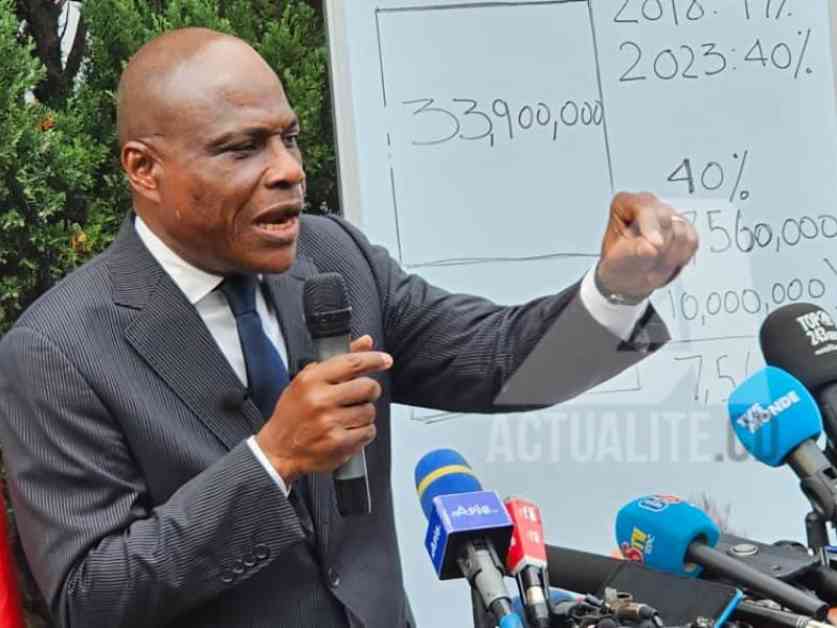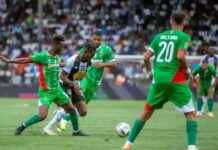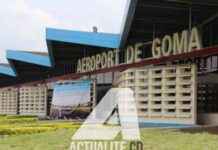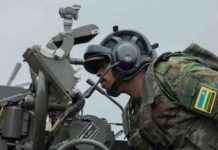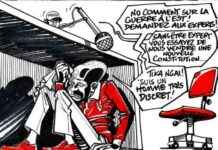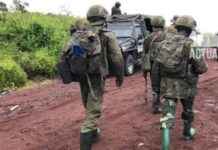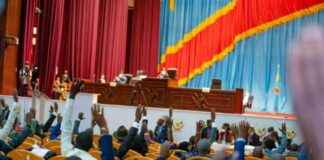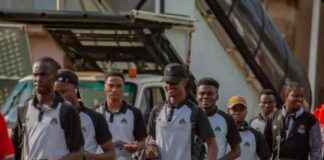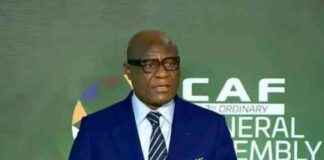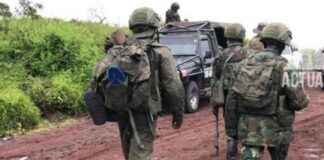The ongoing violent clashes between the Armed Forces of the Democratic Republic of Congo and the M23 rebels, supported by Kigali, continue to pose a significant threat to the city of Goma, the capital of the North Kivu province. In light of this escalating conflict, the government spokesperson, Patrick Muyaya, emphasized the urgent need for political and social forces in the country to mobilize automatically, without the necessity of formal invitations.
During a press briefing held on Saturday, January 25, 2025, Muyaya drew on the historical context of the country’s struggles, quoting the late Mzee Laurent Désiré Kabila’s foresight that war would be prolonged and require popular support. Reflecting on these words, Muyaya underscored the gravity of the situation and questioned the need for formal invitations when the nation’s shared heritage is under threat.
Muyaya further highlighted a United Nations Security Council report corroborating the presence of over 4000 foreign troops responsible for violent acts against the Congolese population and critical infrastructure. He challenged political leaders and citizens alike to rise up in defense of their homeland, emphasizing the collective responsibility to safeguard the nation’s integrity.
Expressing concern over the lack of response from key stakeholders, including the church, Muyaya urged leaders to take a stand against the resurgence of hostilities between the FARDC and the M23 rebels. He emphasized the need for unified action and condemned the silence in the face of escalating violence.
In recent days, the M23 rebels, backed by Rwanda, have made significant advances in the North Kivu province, culminating in the seizure of Minova, a strategically important town in the South Kivu region. This development marks a critical juncture in the conflict, with Goma, a key city in the region, now at greater risk.
As political factions navigate their responses to the Rwandan aggression, differing perspectives emerge. Martin Fayulu’s camp within the opposition has called for a unified response to the crisis, advocating for the convening of the Kinshasa process to bolster national cohesion. Despite this appeal, there has been no official reaction from the Tshisekedi administration, underscoring the complexity of the political landscape in the face of external threats.
In the midst of these unfolding events, the call for unity and decisive action reverberates across the Congolese populace. Muyaya’s impassioned plea for automatic mobilization underscores the urgency of the situation and the need for collective solidarity in defending the nation’s sovereignty. As the conflict escalates, the stakes are higher than ever, demanding a swift and coordinated response from all stakeholders to avert further destabilization in the region.
